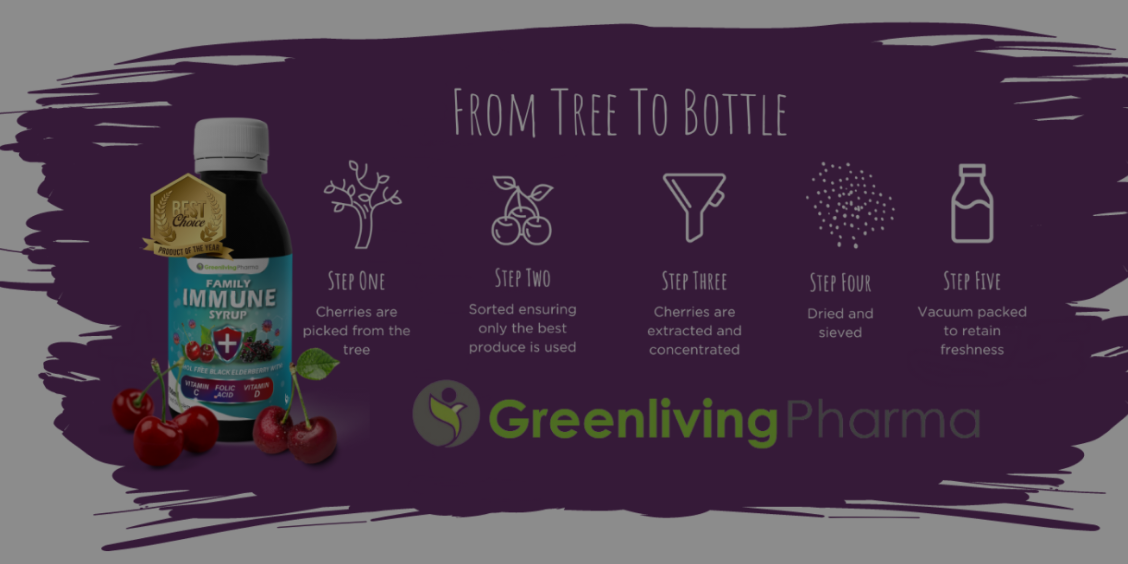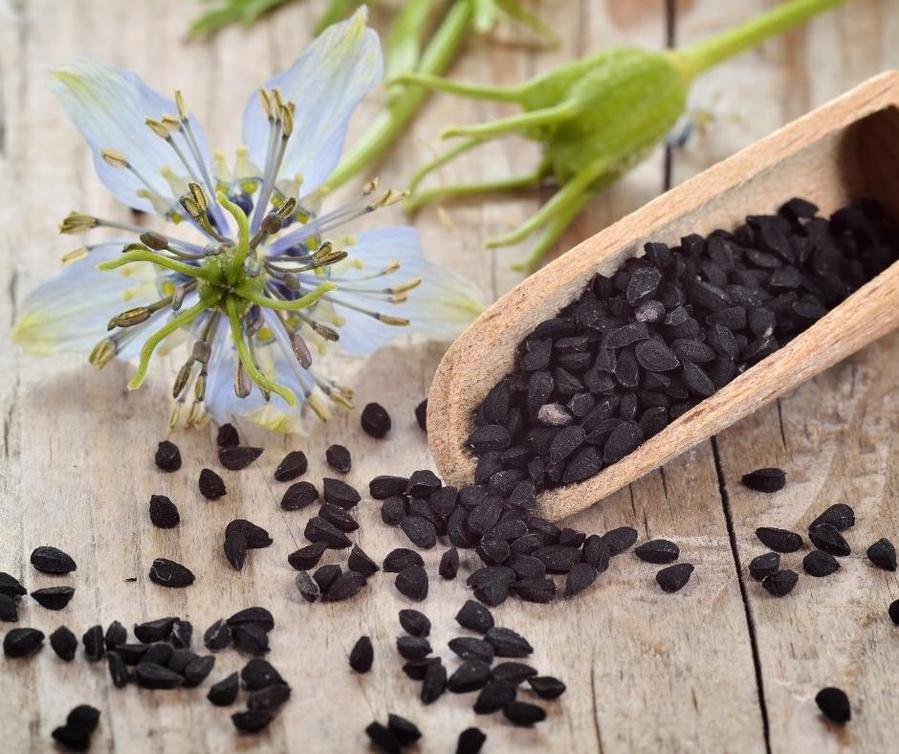As the seasons transition, your body faces different environmental challenges that can impact your health. Boosting your immune system during these times can help you stay resilient against seasonal illnesses and enjoy more of what you love, whether it’s outdoor activities in the summer or cozy indoor moments in the winter. Autumn Autumn is a time of transition, with cooler temperatures and shorter days. This season often brings an increase in colds and flu. To prepare: Boost your vitamin intake: Incorporate foods rich in vitamins C and D to strengthen your immune system. Stay active: Regular exercise can help maintain your immune function as the weather cools. Get enough sleep: As the days get shorter, ensure you’re getting adequate rest to support your body’s natural defenses. Winter Winter’s cold temperatures and shorter days can challenge your immune system, making you more susceptible to illnesses. To stay healthy: Eat a balanced diet: Focus on nutrient-dense foods that provide the energy and vitamins your body needs. Stay active indoors: Engage in indoor exercises like yoga or home workouts to keep your immune system strong. Keep warm: Dress in layers to maintain body heat and prevent colds. Spring Spring brings blooming flowers and longer days, but it also introduces allergens like pollen, which can trigger allergic reactions and weaken your immune system. To combat this, focus on: Eating a variety of fruits and vegetables: These provide essential vitamins and antioxidants that help your body fend off allergens. Staying hydrated: Drinking plenty of water helps flush out toxins and keeps your immune system functioning optimally. Managing stress: Spring cleaning and outdoor activities can be therapeutic and reduce stress levels. Summer Summer’s heat and increased outdoor activities can lead to dehydration and overexertion, which can strain your immune system. To stay healthy: Stay hydrated: Drink plenty of water and consume hydrating foods like watermelon and cucumber. Protect your skin: Use sunscreen to prevent sunburn, which can weaken your immune response. Maintain a balanced diet: Include light, nutrient-rich foods to keep your energy levels up without feeling sluggish. By paying attention to these seasonal changes and adjusting your habits accordingly, you can help your immune system stay strong and resilient throughout the year. To maintain good health throughout the year, it’s important to monitor these aspects as the seasons shift. Eating a balanced diet, staying active, and managing stress can help you avoid illnesses, whether it’s during the chilly winter or the scorching summer. Supplements can also support your immune system by providing the nutrients needed to produce antibodies, boost energy levels, and keep you feeling your best. This article explores how to prepare your immune system for seasonal changes and highlights the best supplements to enhance it. Eat a Healthy and Varied Diet Consuming a variety of foods from the five food groups in the recommended amounts daily helps maintain a robust immune system. These groups are: A nutritious diet provides the energy and nutrients necessary for your immune system to function properly. Sleep and Exercise Your immune system works hard while you sleep, producing antioxidants, hormones, and cells that strengthen your immunity. Lack of sleep disrupts this process, increasing the likelihood of catching common illnesses like colds and flu. To improve your sleep: Exercise is also vital for a healthy immune system. It benefits cardiovascular health, maintains muscle mass and bone density, reduces stress, and enhances mental clarity. Walking and running are excellent exercises that can be done almost anywhere. A gym membership or home weights can further strengthen your muscles and improve circulation. Relaxation Techniques De-stressing is a powerful way to boost your immunity. Stress can slow down your immune response due to the hormone cortisol, making you more susceptible to illness. Here are some relaxation techniques: Many of these activities also involve physical exercise, which can further enhance your immune system. Supplements to Prepare Your Immune System While no supplement or food can guarantee an immune boost, various vitamins, minerals, and compounds like antioxidants play essential roles in building immunity. Multivitamins A good multivitamin containing essential B vitamins, vitamin C, vitamin D, magnesium, calcium, zinc, and iron can fill nutritional gaps and support your immune system. Vitamin C Popular among athletes, vitamin C helps maintain normal immune function during and after intense physical exercise. It also reduces tiredness and fatigue. Vitamin D Known as the “sunshine vitamin,” vitamin D is synthesized from sunlight. However, those who work indoors or during winter may be deficient. Adequate vitamin D levels are crucial for normal immune function and blood calcium levels. B Vitamin Complex B vitamin complex supplements contain vitamins B1, B2, B3, B5, B6, B7, B9, and B12. These supplements often have higher doses of B vitamins than multivitamins, beneficial for those with increased needs or deficiencies. Zinc Zinc supports a healthy immune system by protecting cells from oxidative stress and aiding DNA synthesis, both vital for immunity. Iron Iron regulates immune function in the gut microbiome and contributes to normal immune function. It also supports cognitive function and energy metabolism. Lion’s Mane Lion’s mane, a medicinal mushroom used in traditional Chinese medicine, contains compounds that support cell growth and improve immune function by regulating gut microbiota. Bee Propolis Bee propolis, found in honeybee hives, has anti-inflammatory effects in the gut and inhibits free radicals in the blood. It can be taken in various forms, including capsules, liquids, throat sprays, or lozenges. Conclusion Your immune system needs your support to function optimally. Daily habits significantly impact your body’s ability to fight off illnesses. Eating a balanced diet, getting enough sleep, staying active, and managing stress are crucial for maintaining a strong immune system. By taking these steps, you can help your body stay healthy and resilient throughout the year. ♥
Category Archives: Blog
Everyone struggles with stress, especially around this time of the year, and that is perfectly normal! Stress is a feeling of being under an abnormal amount of pressure, whether from an increased workload, an argument with a family member or friend, or the ever present, financial worries. Therefore, it is important to manage and reduce stress levels to protect your health in the long term. Stress can leave you emotionally drained, tired, physically unwell and unmotivated, so let’s look at some ways that can help you reduce your stress levels. Get moving! Exercise is a fantastic, proven way to reduce stress levels. When you exercise, your brain produces and releases endorphins. Furthermore, these neurotransmitters can help you feel good and reduce stress levels. This improves your mood and allows you to relax and sleep better. By setting aside time each day to exercise, you build a positive routine which can improve your emotional health as well as your physical health and, in turn, your confidence. Frequent exercise can help you in supporting your immunity, cardiovascular health, and stamina, therefore our stress levels decrease. The recommended amount of exercise a week, depends on our age and our ability, it is important to research and plan ahead, setting yourself targets, vision boards or photos and rewards are a great motivational tool. Almost any type of movement can help reduce stress, so do something you love. Remember, the most important thing is to find an exercise that you enjoy and that suits your fitness level. This will help you stay motivated and make exercising a fun and rewarding experience. Good luck! 💪 Pamper yourself Life can get very busy and stressful and sometimes, you may feel like you’ve got no time for yourself. Putting aside 30 minutes for yourself each day is a great way to reduce stress. Run a bath, meditate, try a face mask- whatever tickles your fancy, make sure it is all about you. In addition, lighting a candle is a great way to unwind after a long day; not only will this relax you, it can help elevate your mood and the atmosphere around you. Try scented ones with eucalyptus and citrus fruits, like oranges and lemons, these are well-known for boosting our mood and reducing stress. Reading Although you may not like to read, it is a great form of stress release, as well as a way to broaden your mind and perhaps your personal growth. However, if holding a good book isn’t for you, then we suggest trying an audio book, one of our personal favorites’. Let the words wash over you, choose an audio from a narrator or an accent whom you like to listen to, whilst you relax and let your imagination flow with the rhythm of the story. There are also many Apps available to choose from too, these can help your learn all about how mindfulness and mediation, breathing techniques are also a very popular way to help manage stress and increase our well-being.
The body’s natural defences Together, the innate immune and adaptive defences of the immune system pose a double threat to pathogens!
What is Peppermint Oil? Peppermint oil is extracted from the stem, leaves, and flowers of the peppermint plant. The mint is known for its calming and cooling effects which can be used as a natural remedy for digestive problems such as flatulence, abdominal pain, and IBS. Peppermint is indigenous to Europe and the Middle East, with the medicinal use of peppermint oil dating back to the eighteenth century! Greek mythology even mentions peppermint, highlighting the importance of the herb. Why is Peppermint Oil so Popular? Peppermint oil has a long history of being used alongside medicine for digestive disorders. As peppermint oil is a natural remedy, you can feel safe and confident knowing exactly what you are putting in your body. The popularity of peppermint oil is down to its effectiveness as it can ease your tummy trouble in just a couple of hours. It is completely safe and natural and might be for you if you suffer with any of these digestive issues: Abdominal pain Bloating Nausea Cramps Trapped wind Indigestion Symptoms of IBS How Does Peppermint Oil Work? Peppermint oil, as an antispasmodic, is great in reducing tummy trouble as it works by relaxing the muscle of the bowel wall. This can help relive stomach cramps and bloating, as well as symptoms associated with IBS. With this in mind, we use gastro-resistant capsules. This is to make sure that the peppermint oil targets where your body needs it the most. To get the most out of Colomint, take one capsule one hour before each meal. This allows the peppermint oil to work its magic, relaxing the muscles ready for digestion. Through this you can battle bloating, cramping and trapped wind. Why Should I Chose Colomint? Here at Greenliving Pharma, we believe that health starts from the inside but can also be reflected in the world around you. That is why we produce ethical and environmentally friendly products. By choosing Colomint you are choosing a peppermint oil that is sustainably and ethically sourced with recyclable packaging; all packed locally in the UK to reduce carbon emissions in transportation. You can also rest assured as our peppermint capsules are peanut free, sugar free, soya free, dairy free, gluten free and Halal certified.
The secret to a restful sleep 16 million adults in the UK are sleep deprived. Are you tossing and turning? Counting the hours until your alarm? You’re probably sleep deprived. Sleep is very important. The smallest change in your sleep routine can have an impact on your wellbeing. If you are feeling stressed, feeling strained mentally or physically it may be down to you not getting enough sleep. Here are some tips for achieving the best and most peaceful slumber: “The best bridge between despair and hope is a good night’s sleep.” Matthew Walker, Why We Sleep: Unlocking the Power of Sleep and Dreams Be consistent with your routine Most adults need between 6-9 hours of sleep a night. If you’re not getting this it can take a huge toll on your health, both physical and mental. The key is to set yourself a routine: going to bed and waking up at the same time everyday (even on weekends if you can help it!) With our busy schedules this can be hard to maintain. Creating a to do list is a great way to stay on top of things and can allow you to find time for yourself. The key is to not make your list too overwhelming, it needs to be achievable. Find time for yourself within this, allowing for a reasonable bed time. Try to relax We know our lives can be busy and very stressful, so it is important to try to relax and look after yourself. Practicing self-care is a great way to switch of from work and also aids in getting a restful nights sleep. Acts of self care can include reading a book, practicing meditation, taking a hot bath or anything you find personally relaxing. We know it can be hard to find time for yourself, but even if you just take 15-30 minutes out of your day to pamper yourself it can be beneficial in reducing stress, creating a positive mindset and achieving a good nights sleep. Exercise Exercise is important for your physical health but it is also essential for your mental health and can play a part in your sleep quality. Try yoga, running, HIT or weight training at least 3 hours before you hit the hay. Studies show that frequent exercise can help you fall asleep 13 minutes faster and stay asleep 18 minutes longer. This is because exercise can relieve anxiety and stress, a main cause for anxiety. Exercise also increases time spent in deep sleep, the most physically restorative sleep phase which helps boost our immune system, support cardiac health, and control stress and anxiety. Even a short walk can help with your sleep. If you’re struggling to find time for exercise or feel unmotivated, try walking for 10 minutes or longer. Any movement is better than no movement! What you are eating and drinking What you’re consuming can play a big part on your sleep quality. Having a nightcap before bed may seem like a great way to wind down after a stressful day and relax. However, alcohol can play a huge toll on your sleep, making you miss out on great quality sleep. The consumption of alcohol before bed disturbs your sleep cycle by only allowing you the lighter stages of sleep and robbing you from REM sleep. While you might getting your full 6-9 hours of sleep, the lack of REM sleep can leave you feeling groggy and unrested. Large meals before bed can also cause problems to your sleep cycle by causing indigestion, try to stop eating a couple of hours before you go to bed. Creating a safe space for sleep Feeling comfortable in your environment is essential to getting a restful nights sleep. If you work in the same space that you sleep, you will struggle to switch off from your busy schedule. This may result in a restless, worry filled night. Try instead only spending time in your bedroom when you really need to, it will help your brain associate the space with relaxation, rather than work stress and worries. Try to keep your room dark and cool, you will sleep better if your room is kept on the cooler side. In addition to this, avoid any distracting equipment in your room such as a TV or computer. The bright and blue lights increase alertness and can restrain the production of melatonin (the hormone that controls your sleep-wake cycle). Instead, try to avoid electronic devices 30 minutes before bed (yes, that includes your phone!). Opt instead for reading a book, practicing mindfulness, or even listening to some relaxing music. Keep your bedroom as a safe and calm space for relaxation and sleep. If you can’t sleep, get out of bed! It may seem counterproductive to leave your bed when you cannot sleep, but it is the most helpful thing to do when tossing and turning. If you have been lying in bed, hoping sleep will find you, get out of bed! The worrying of not being able to sleep and counting the hours left can cause anxiety and make the act of falling asleep even harder! Instead, get up and do something that you find relaxing. Whether that is reading your favorite book, or making yourself a hot drink (caffeine free of course!). When you start to feel tired, it is time to try again for sleep. Try not to put pressure on yourself as this can cause more worry and stress when trying to fall asleep. What to take away We spend 1/3 of our lives sleeping, so it is important to value this time and get the best out of our sleep. By making your space more comfortable, avoiding electronics, practicing self-care and watching what you’re consuming you can create a healthy sleep routine. A good night sleep benefits the brain and body: improving your memory, creativity, immunity and cardiac health are just a few of the benefits sleep can bring. If you feel like you’re not getting […]
- 1
- 2









